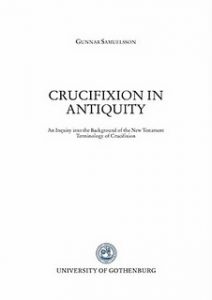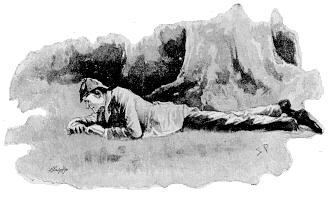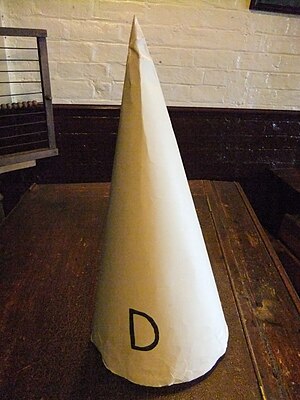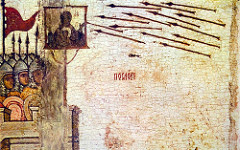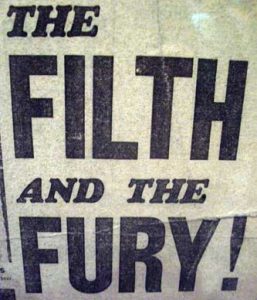
It is slightly amusing, also disheartening, to see the way theologically biased biblical scholars make a complete mockery of their attempts to explain Christianity historically.
James G. Dunn did not like implications that could conceivably be drawn from the recent discussions of Bauckham and Hurtado over attempts to explain historically how Jesus came to be given a divine-like status and to be catapulted so early after his death to a position alongside God “at the center of their devotional life, including their worship practices”. Hurtado’s most recent book summarising many of the arguments and attempting an historical answer is provocatively titled: How on Earth Did Jesus Become a God?
But throughout his valiant response to ensure that pure Christian doctrine is not compromised in anyone’s minds — and hence his Did the First Christians Worship Jesus? — Dunn apparently remains oblivious to the historical implausibilities and contradictions he is creating for himself, and his orthodox model of Christian origins.
His worry is not primarily historical, but theological. He writes:
[T]here are some problems, even dangers, in Christian worship if it is defined too simply as worship of Jesus. . . . Christian worship can deteriorate into what may be called Jesus-olatry. That is, not simply into worship of Jesus, but into a worship that falls short of the worship due to the one God and Father of our Lord Jesus Christ. I use the term ‘Jesus-olatry’ as in an important sense parallel or even close to ‘idolatry’. . . .
So the danger with a worship of Jesus is that the worship due to God is stopping at Jesus, and the revelation of God through Jesus and the worship of God through Jesus is being stifled and short-circuited. (p.147)
(my emphasis etc)
Here Dunn has cast off his historian’s hat and is batting exclusively for “the pure faith”. He warns of dangers, deterioration, “our” Lord Jesus Christ, and the violation of the second of the ten commandments. Oh dear. No room for history students here. Of course I have no problem with Dunn taking this stance. But if he also claims to be “doing history” he is discrediting his efforts and declaring that on this particular topic he is totally in the service of The Faith.
Dunn then finds relevance to his argument in the late antiquity and early medieval debate within Christianity over the meaning and place of icons. The New Testament says Jesus is an icon (eikon=image), not an idol.
For, as the lengthy debate in Eastern Christianity made clear, the distinction between an idol and an icon is crucial at this point. An idol is a depiction on which the eye fixes, a solid wall at which the worship stops. An icon on the other hand is a window through which the eye passes, through which the beyond can be seen, through which divine reality can be witnessed.
Paul also says a man, any man who does not cover his head while praying, is an icon of God!
For a man indeed ought not to cover [his] head, since he is the image (eikwn) and glory of God (1 Corinthians 11:7)
Christians in particular are also said to be the very images of God himself:
and have put on the new [man] who is renewed in knowledge according to the image (eikona) of Him who created him (Colossians 3:10)
But I should leave that little question for the theologians to resolve.
Back to the historical difficulty that Dunn’s theology creates for the historian. . . . Continue reading “How theology mocks biblical history”

